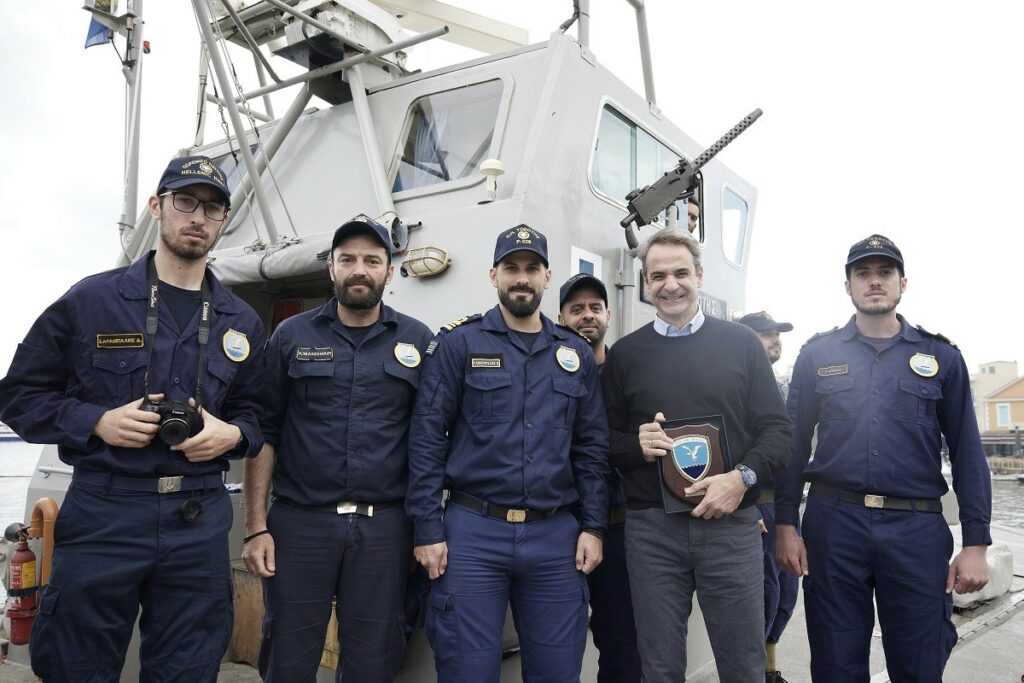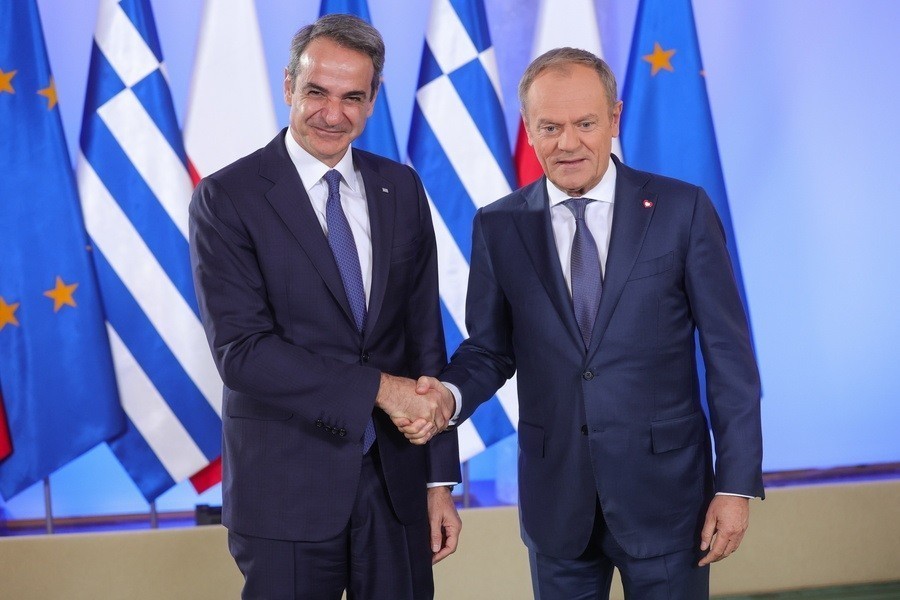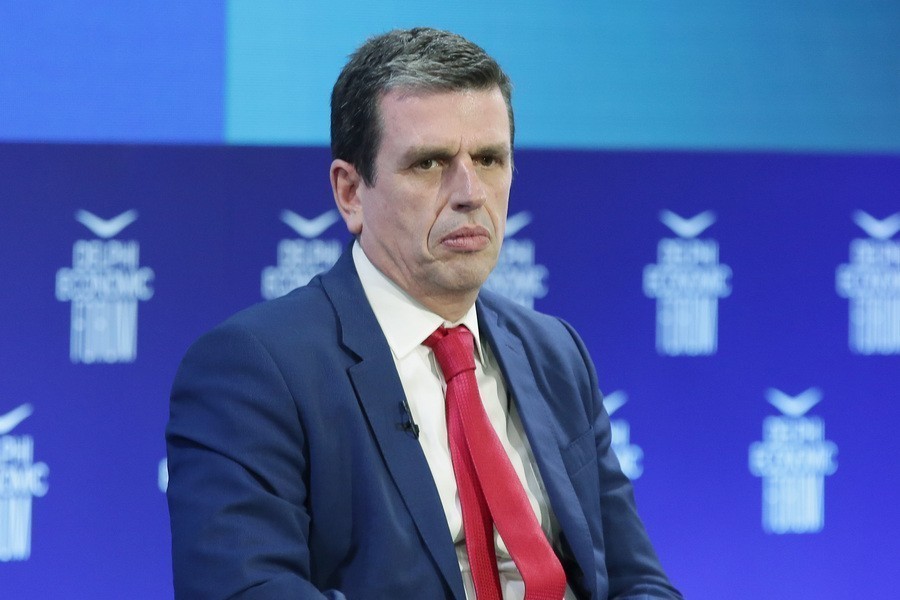
Migrant rescue operations and the gordian knot of the borders in an AMNA video document
Don’t move! Sit down! It is dangerous! These are Italian Coast Guard officers’ orders in their effort to rescue 600 migrants from Africa off the coast of the island of Lampedusa.
The Athens-Macedonian News agency has obtained the audiovisual document of the rescue and FRONTEX’s operations in the Mediterranean in a video published on Sunday in a research on the migrants flow routes by Giorgios Kouvaras.
Migration Minister Dimitris Vitsas, who attended the marathon deliberations in Brussels on migration, explains in the video what has been decided in the meeting and how some obstacles set by specific countries were overcome.
European Commissioner for Human Rights Dunjha Mijatovic, two days after her visit to Lesvos, speaks to Athens-Macedonian News Agency on issues of human rights and Greek police lieutenant Zaharoula Tsirigoti gives the profile of the undocumented migrants and refugees that are in Greece underlining that their integration or a quick solution for the decongestion of the hotspots “is not an easy task”.
The main corridor to the Mediterranean is one of the most difficult passages and in the last years many people have died. Italy’s rejection to allow ships of humanitarian action, as Aquarius and Lifeline, to dock in its ports was among the issues discussed and is now provided by European Council’s decisions reached in Brussels.
“If someone is rescued inside territorial or international waters under the flag of an EU country, the EU obliges the ship to be led to a safe port and afterwards the procedures for those that request asylum and are entitled to asylum to begin” stated Vitsas to ANA.
The undocumented migrants that enter Greece are mostly families (80 pct) underlined Tsirigoti. “They are families with children and have a refugee profile” she adds.
Some European countries’ refusal to accept migrants and refugees raises significant problems; in Greece this is apparent on islands as Lesvos. The European leaders’ refusal “does not align with their duty to respect the human rights” European Commissioner Mijatovic said to ANA.
The truth is that most of the migrants in Moria hotspot are there for over one year and a half, said Mijatovic underlining that the number is three times up from the hotspot’s capacity. “If there is no immediate action with aim the reduction of the number of the refugees that have passed all the procedures we will face more problems”.
On his part, Minister Vitsas said that the problem is big but many times “the impressions are wrong”.
“We can solve the problem, and I explained it to the local residents, by accelerating the asylum application procedures” said Vitsas who pointed out the need the migrants’ voluntarily return to their countries to be funded.
Finally, he underlined that only time will tell if the decisions of the EU Summit are historic and fruitful or not.
“The fact that we reached a decision that consolidates the logic of joint responsibility and solidarity on the migration-refugee issue is a huge success and Greece has played a very important role in this framework” Vitsas concluded.
Source: AMNA

